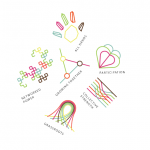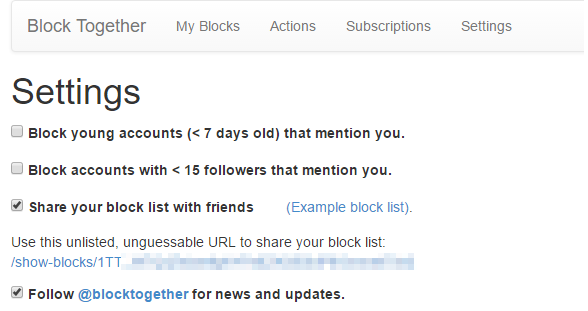By Timothy Yim, CTSP Fellow and Director of Data & Privacy at Startup Policy Lab | Permalink
Startup Policy Lab is leading a multi-disciplinary initiative to create a model policy and framework for municipal drone use.
Towards A More Reasoned Approach
Significant policy questions have arisen from the nascent but rapidly increasing adoption of drones in society today. The developing drone ecosystem is a prime example of how law and policy must evolve with and respond to emerging technology, in order for society to thrive while still preserving its normative values.
Privacy has quickly become a vital issue in the debate over acceptable drone use by government municipalities. In some instances, privacy concerns over the increased potential for government surveillance have even led to wholesale bans on the use of drones by municipalities.
Let me clear. This is a misguided approach.
Without a doubt, emerging drone technology is rapidly increasing the potential ability of government to engage in surveillance, both intentionally and unintentionally, and therefore to intrude on the privacy of its citizenry. And likewise, it’s also absolutely true that applying traditional privacy principles—such as notice, consent, and choice—has proven incredibly challenging in the drone space. For the record, these are legitimate and serious concerns.
Yet even under exceptionally strong constructions of modern privacy rights, including those enhanced protections afforded under state constitutions such as California’s, an indiscriminate municipal drone ban makes little long-term sense. A wholesale ban cuts off municipal modernization and the many potential benefits of municipal drone use—for instance, decreased costs and increased frequency of monitoring for the maintenance of public parks, docks, and bridges.
READ MORE
 Our movements need more images! Social justice organizers have a wide visual vocabulary of protest — raised fists, barbed wire, marchers holding placards — but should we not also depict the world we are building in addition to the forces we’re resisting? How can we communicate concepts we hold dear; concepts like beloved community, allyship, and consent?
Our movements need more images! Social justice organizers have a wide visual vocabulary of protest — raised fists, barbed wire, marchers holding placards — but should we not also depict the world we are building in addition to the forces we’re resisting? How can we communicate concepts we hold dear; concepts like beloved community, allyship, and consent?


